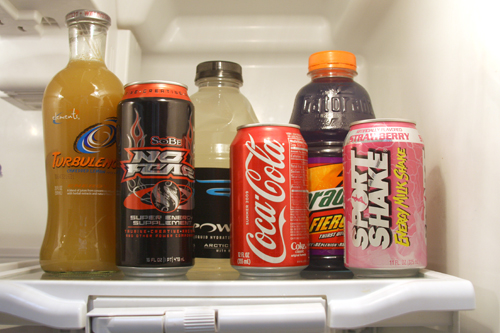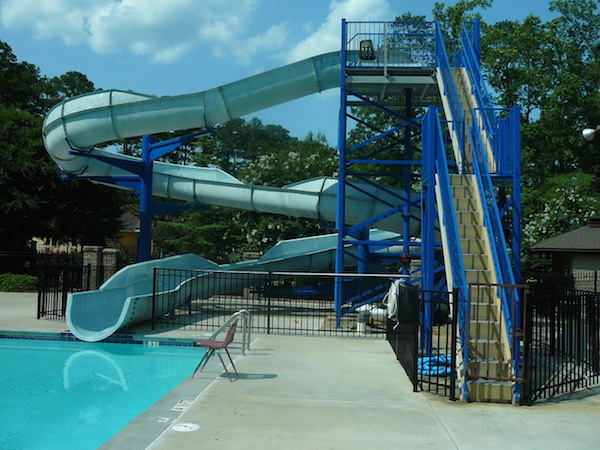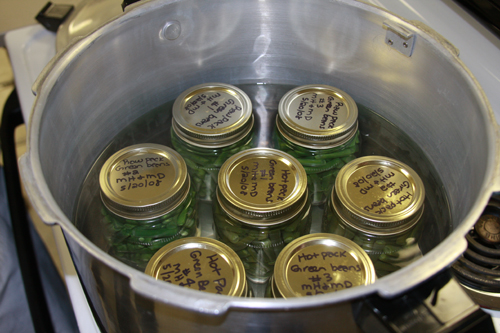If past attempts at frying a turkey have left you with singed eyebrows and a burnt bird, don’t give up. By following guidelines from the University of Georgia Cooperative Extension Service, you can successfully deep-fry this season’s holiday bird.
"People who fry turkeys say it produces a moister turkey, and it's quicker," said Elizabeth Andress, a University of Georgia Extension Service food safety specialist. “But in the eyes of safety experts, the typical propane-fueled turkey fryer is a major accident waiting to happen. There are definitely safety issues to consider.”
Concerns include the stability of the fryer, uninsulated pot handles and lids and the potential for oil spillovers and overheating.
Don't use too much oil
A common cause of turkey-fryer accidents is filling the pot too full of oil, which causes the oil to spill over when the turkey is placed in the pot. Aside from creating a mess, oil spillovers at cooking temperatures can result in severe burns.
To determine the right amount of oil, follow these tips from the National Turkey Federation.
Put the turkey in the fryer basket and then place the basket in the pot. Add water until it reaches 1 to 2 inches above the turkey. Remove the turkey and note the water level, using a ruler to measure the distance from the top of the pot to the surface of the water.
Pour out the water and dry the pot thoroughly. Be sure to measure for oil before you marinate the turkey.
Check temperature with food thermometer
Andress urges holiday chefs to be aware of food safety when frying turkeys.
"You have to be sure all the harmful bacteria have been killed," she said. “The only way to do this is to measure the temperature of the cooked turkey with a food thermometer in several places.”
First, heat the oil to 365 to 375 degrees Fahrenheit. Depending on the amount of oil, this usually take 45 minutes to an 1 hour.
Next, add the turkey and allow the oil to return to 365 to 375 degrees Fahrenheit. Whole turkeys require approximately 3 minutes per pound to cook. To be sure your bird is safely cooked, the temperature of the whole turkey must reach 180 degrees in the innermost part of the thigh, she said.
Safety steps
No matter which type fryer you use, Andress recommends following these safety steps:
* Use propane-fired turkey fryers outdoors a safe distance from buildings and anything else that can burn.
* Never use turkey fryers on wooden decks or inside garages.
* Place the fryer on a flat surface to reduce accidental tipping.
* Never leave the fryer unattended. Most propane-fired units don't have thermostat controls.
* Never allow children or pets near the fryer while it's in use. Even after use, keep children and pets away from the turkey fryer. The oil inside the cooking pot can remain dangerously hot for hours.
* To avoid spillovers, don't overfill the fryer.
* Use well-insulated potholders or oven mitts when touching the pot or lid handles. If possible, wear safety goggles to protect your eyes from oil splatter.
* Make sure the turkey is completely thawed, and be careful with marinades. Oil and water don't mix, and water causes oil to spill over, which could cause a fire or explosion hazard.
* Keep an all-purpose fire extinguisher nearby. Never use water to extinguish a grease fire. If the fire can't be managed with an all-purpose fire extinguisher, don't hesitate to call 911 for help.







